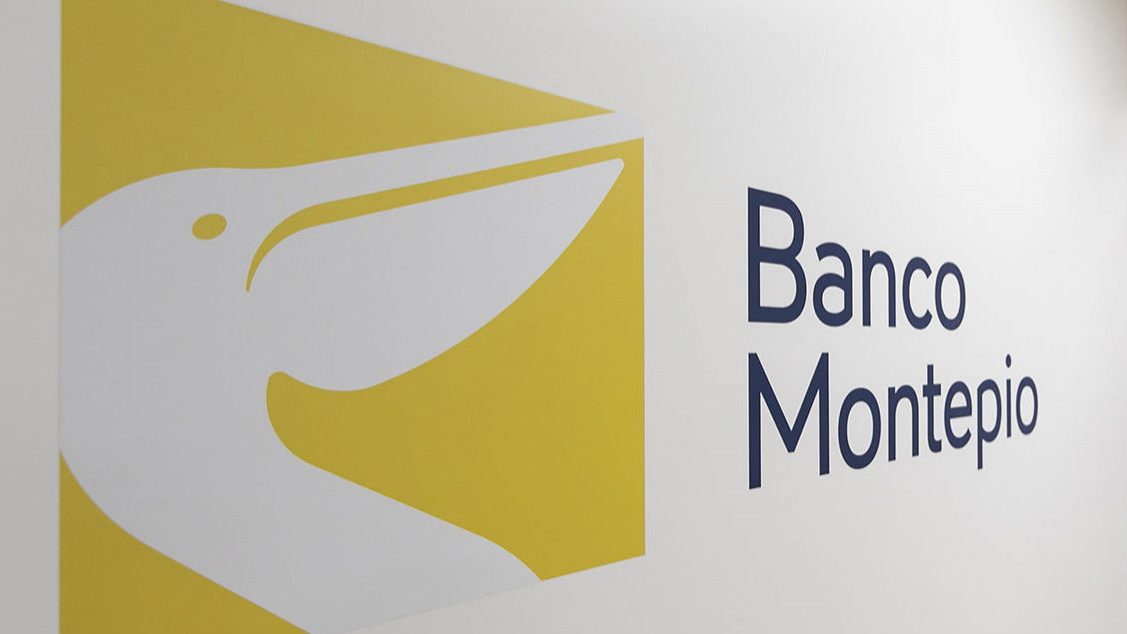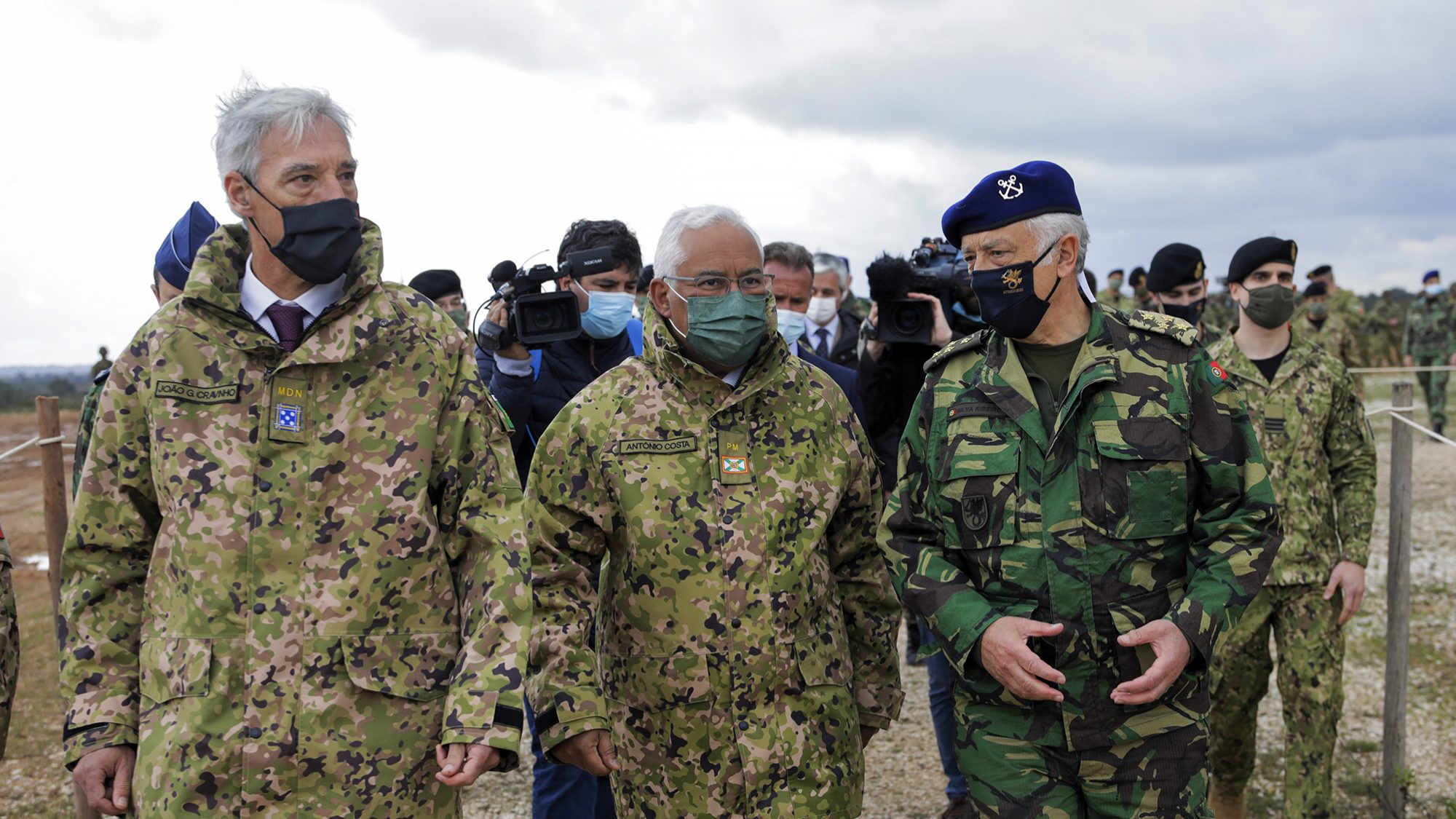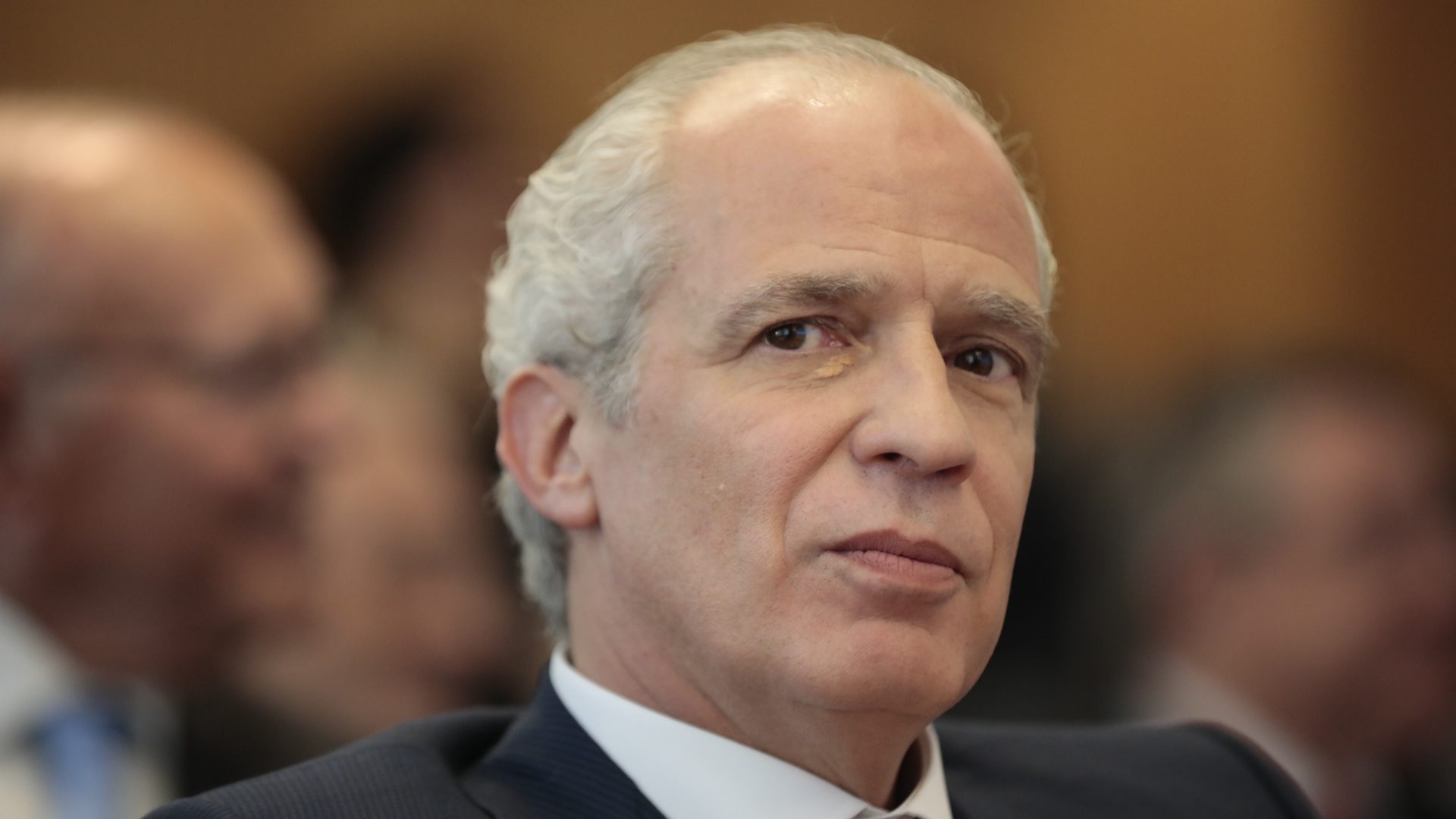Engineers Quadrante in $1.9B Nigeria railway project headed by Mota-Engil
The company Quadrante announced it is part of the project for the new Kano-Maradi/Cano-Dutse railway line in northern Nigeria to be built by Mota-Engil.
Portuguese company Quadrante on Monday announced it is part of the project for the new Kano-Maradi/Cano-Dutse railway line in northern Nigeria, an investment of over US$1.9 billion (1.855 billion euros) to be built by Portugal’s civil engineering company Mota-Engil.
Quoted in a statement, the chief executive officer (CEO) of the group of consulting engineering and architecture companies, Nuno Costa, highlights the size of the project, which he says is “the largest work ever undertaken by Mota-Engil and the largest project ever undertaken by Quadrante.”
“This project of two national companies in Nigeria marks a growing relationship between the Portuguese and Nigerian economies, with enormous potential for both countries,” he maintains.
Quadrante is “responsible for the development of the options study, preliminary study, execution project and general coordination of all specialties”.
In addition to the railway line, the project includes 19 railway stations, five maintenance yards and workshops, 34 railway bridges, 80 road overpasses and nine road subways.
He explained, “the project involves construction of a new 1.435mm gauge railway line, of around 284 kilometres, linking three federal states in northern Nigeria (Kano, Kigawa and Katsina) to Maradi, the second largest city in the Republic of Niger.
Also planned is the construction of a 108-kilometre branch line linking Kano to Dutse, the capital of Jigawa state, and about 100 kilometres of line in maintenance and goods yards. The new line will allow trains to run at speeds of up to 160 km/hour.
“This new railway line is expected to be a strong incentive for economic development, through improved access to goods and services, ease in transporting people, products and raw materials, creation of growth conditions for local businesses and industries and increased employment opportunities in various areas,” Quadrante points out.
According to the company, “an estimated return of $1.3 billion annually, benefiting a population of approximately 8.8 million people.”
“The Kano-Maradi railway project proposes to connect several communities in the northern part of Nigeria and in the neighbouring country, the Republic of Niger. It will provide an affordable mode of transport, reducing traffic pressure on the existing road transport network in the states included in the project, connecting urban airports, large agricultural estates and markets,” it said.
According to Quadrante, “the project will also improve the bilateral relationship between Nigeria and the Republic of Niger and contribute to Nigeria’s commitment to achieving the Sustainable Development Goals defined by the United Nations, by creating a balance between the needs of the population, security, inclusion, resilience and environmental sustainability.
Quoted in the statement, the head of Quadrante’s ‘transport infrastructure’ business unit reveals that “route analyses have already been carried out to optimise the necessary investment and minimise the environmental impacts of the project.”
“This is a large-scale project that involves almost all of Quadrante’s business units,” Tiago Costa points out, adding that the company’s experience “in railway and building projects and also the history of work with Mota-Engil has been fundamental to ensure correct coordination between teams and the integration of the different aspects of the project.”
Founded in 1998 by engineers João Silveira Costa, Nuno País Costa, Nuno Batista Martins and Tiago Miguel Paiva Pais Costa, Quadrante provides design and consultancy services, including project management, architecture, structures, special and industrial structures, geotechnics, HVAC, IESC, high voltage and energy, hydraulics, urban roads and streets, environment and BIM.
The group is active worldwide and currently has offices on three continents: Europe, Africa and Latin America.


